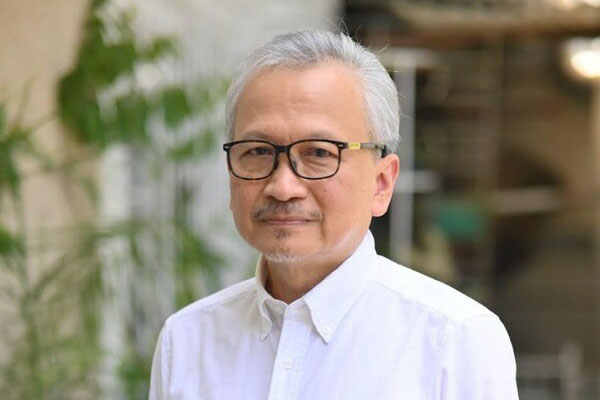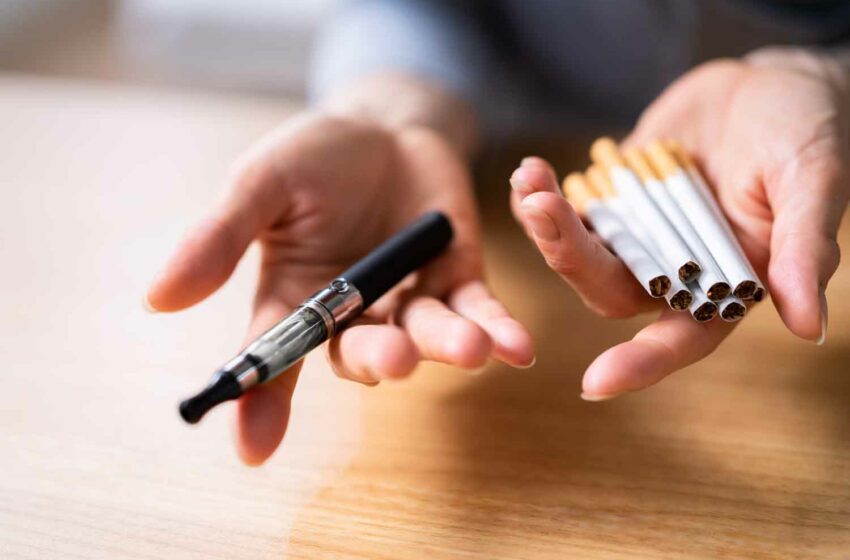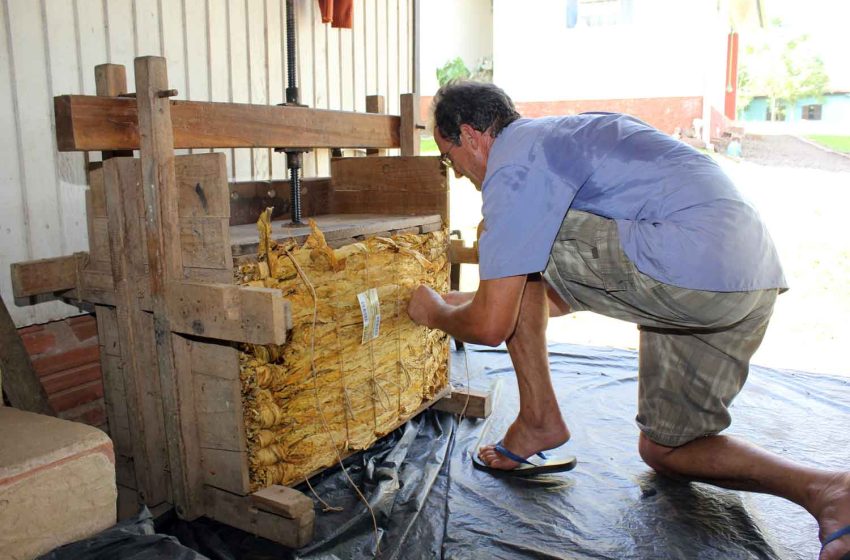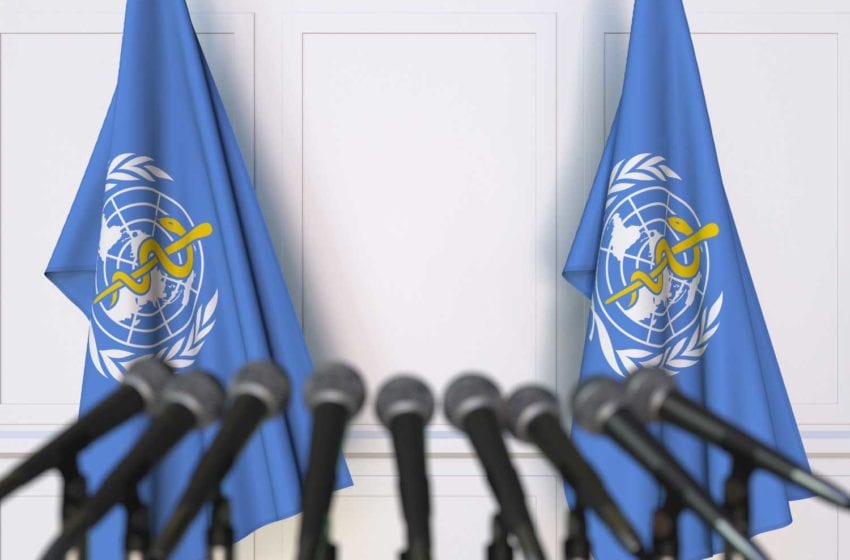Studies consistently show that vaping has led to adult smoking cessation, says activist. Read More
Tags :World Health Organization
THR activists say the health body’s stance is based on discredited research. Read More
Critics say such an approach would reinforce misperceptions about relative risks. Read More
The FCTC parties will gather Feb. 5-10 and the illicit trade protocol parties Feb 12-15Read More
The FCTC knew long before its announcement that it no longer had a venue, say critics. Read More
Concerns about the security situation in Panama have prompted the FCTC to postpone the event until 2024.Read More
The WHO's recent publication discounts the impact of tobacco harm reduction, says World Vapers Alliance. Read More
Countries are making progress in implementing FCTC demand reduction measures, says WHO. Read More
His department is keenly aware of the mounting pressure on the tobacco sector. Read More
Registration has opened for COP10 and the third meeting of the illicit trade protocol parties. Read More








